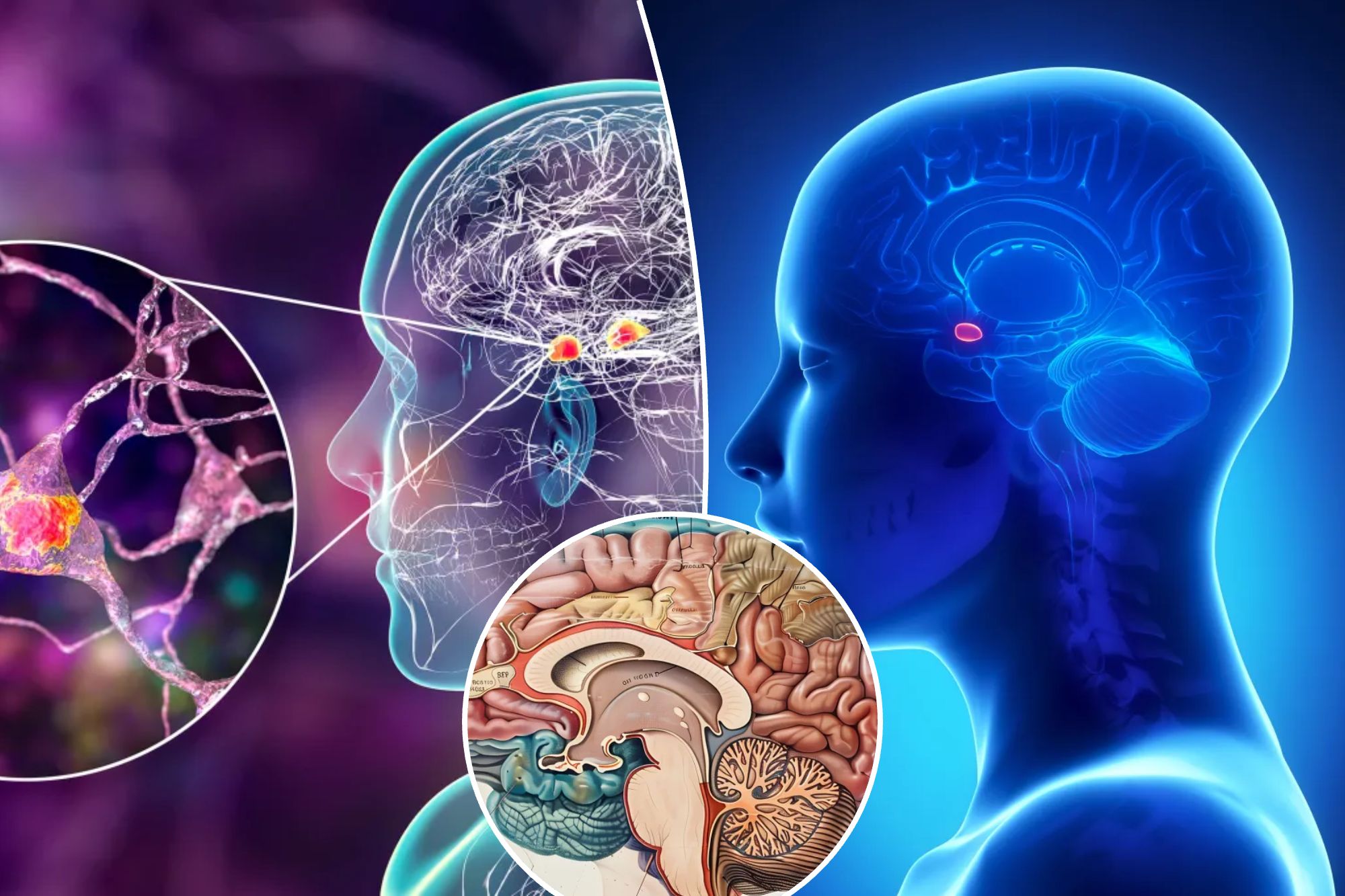
Forget crowd size — a new study confirms that conservatives boast slightly larger amygdalas, the part of the brain that plays a key role in identifying and responding to potential threats, compared to liberals.
“A slightly larger amygdala simply highlights the brain’s increased sensitivity to issues related to [the] need for security, reduction of uncertainty and threat, or perhaps more careful processing of negative stimuli,” study author Diamantis Petropoulos Petalas told The Post.
The amygdala is about the size of a shelled peanut — and the difference between conservatives and liberals is the size of a sesame seed, Petalas said.
Having a larger amygdala can be attributed to genes, environment, or more likely, a combination of the two, he added. It is likely related to a “greater propensity to understand risk.”
Petalas’ research, published Thursday in the journal Cell Press iScience, aimed to replicate a 2011 collaborative University of London study that was criticized for only 90 participants.
Petalas’ team examined brain scans of 928 Dutch adults aged 19 to 26.
The researchers combined the brain data with the participants’ knowledge of politics. Volunteers were asked about their social and economic identity, such as where they see themselves on a sliding scale from progressive to conservative and with which political party they identify.
Other questions touched on their social and economic ideology, such as their stance on women’s and LGBTQ rights, income inequality, and profit sharing.
“We see ideology as a complex, multidimensional product that includes different attitudes about social and economic issues, as well as identification with progressive or conservative ideals,” said Petalas, a political psychology and neuroscience researcher at the American College of Greece. “It’s really not just about left or right.”
Petalas said his team did not expect to replicate any findings from the 2011 study.
Oscar winner Colin Firth co-authored the study, which was called “the first neuroscientific evidence for biological differences between liberals and conservatives.”
This study found that compared to liberals, conservatives tend to have larger amygdalas and smaller anterior cingulate cortices (ACC), which are involved in error detection, impulse control, and emotional regulation.
These findings prompted headlines in 2011 such as “Conservatives are big on fear, brain study finds” and “Conservatives are scaredy cats,” Science Says, referring to the amygdala’s role in processing fear and anxiety.
“It’s not surprising that such findings were ‘framed’ to drive polarization,” Petalas told The Post. “The same study found that the ACC was larger among liberals, but I think there were fewer headlines buzz about this discovery: Liberals are great at revealing mistakes, I guess they don’t sell that much.”
In the new research, Petalas and his colleagues failed to identify a consistent link between politics and ACC.
They found a link between conservatism and gray matter volume in the amygdala – although this link was three times weaker compared to the 2011 study.
The team is calling for further research into the “complex relationship” between brain structure and political beliefs.
#Conservatives #larger #brain #amygdalas #liberals #study
Image Source : nypost.com